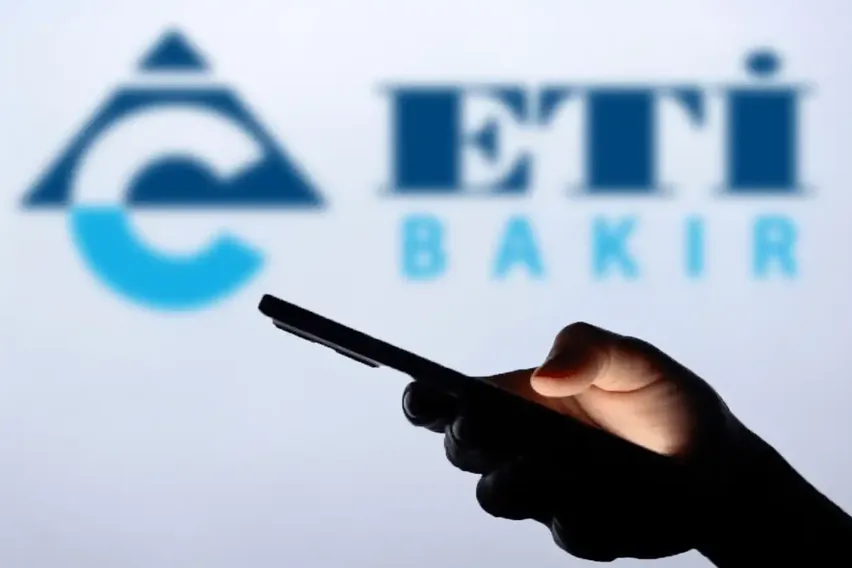A Green Initiative From Eti Bakir: Waste Becomes Sustainable Products

Eti Bakır leverages innovative methods to convert waste into valuable products, enhancing Turkey's global competitive edge. General Manager Asım Akbaş emphasized that their circular economy strategy boosted annual revenue by $60 million by turning non-exportable products into profitable resources. Their success is fueled by significant R&D investments and advanced production technologies.
Eti Bakır's Path in the Circular Economy
Eti Bakır leads the charge in promoting sustainable practices in the metal industry. As Asım Akbaş explained, transitioning waste into useful commodities not only reduces waste management expenses but also strengthens Turkey's market position. These innovative strategies serve as a model for other industries, showcasing how eco-friendly business practices can reshape the market landscape.
Eco-Friendly Projects Across Regions
Mazıdağ's Circular Economy Model
In Mazıdağ, Eti Bakır implements a circular economy model across its activities. By recycling sulfuric acid for chemical fertilizers and reprocessing waste for the economy, the project benefits the environment and economy, creating 1,000 new jobs. This initiative exemplifies a successful model for sustainable development that others can follow.
Samsun's Resource Contribution
Samsun gears up for similar projects, expected to contribute 2,000 tons of cobalt and 4,000 tons of zinc annually. These efforts will drive economic and job growth, aligning with Akbaş's vision of transforming waste into economic opportunity while fostering local development.
Strategic Investments and Developments
Pioneering R&D Initiatives
In Samsun, Eti Bakır has established a significant R&D center, nurturing innovation through free research initiatives for universities. This reflects the company's commitment to fostering academic collaborations and supporting public-benefit projects.
Mardin Mazıdağ's Socio-Economic Impact
Investments in Mardin Mazıdağ aim to stimulate reverse migration and bolster related industries. Akbaş highlighted these investments as crucial for boosting local economies, demonstrating a model for regional revitalization through strategic circular economy investments.
Meeting Copper Demand in the Electric Vehicle Era
Electric vehicles have sharply increased Turkey's need for copper, a demand predominantly met through imports. As these vehicles require six times more copper than traditional cars, Eti Bakır is expanding operations to cater to this rising need. This shift is essential for the company's growth, reflecting a broader move toward sustainable transportation and innovation in copper production.


